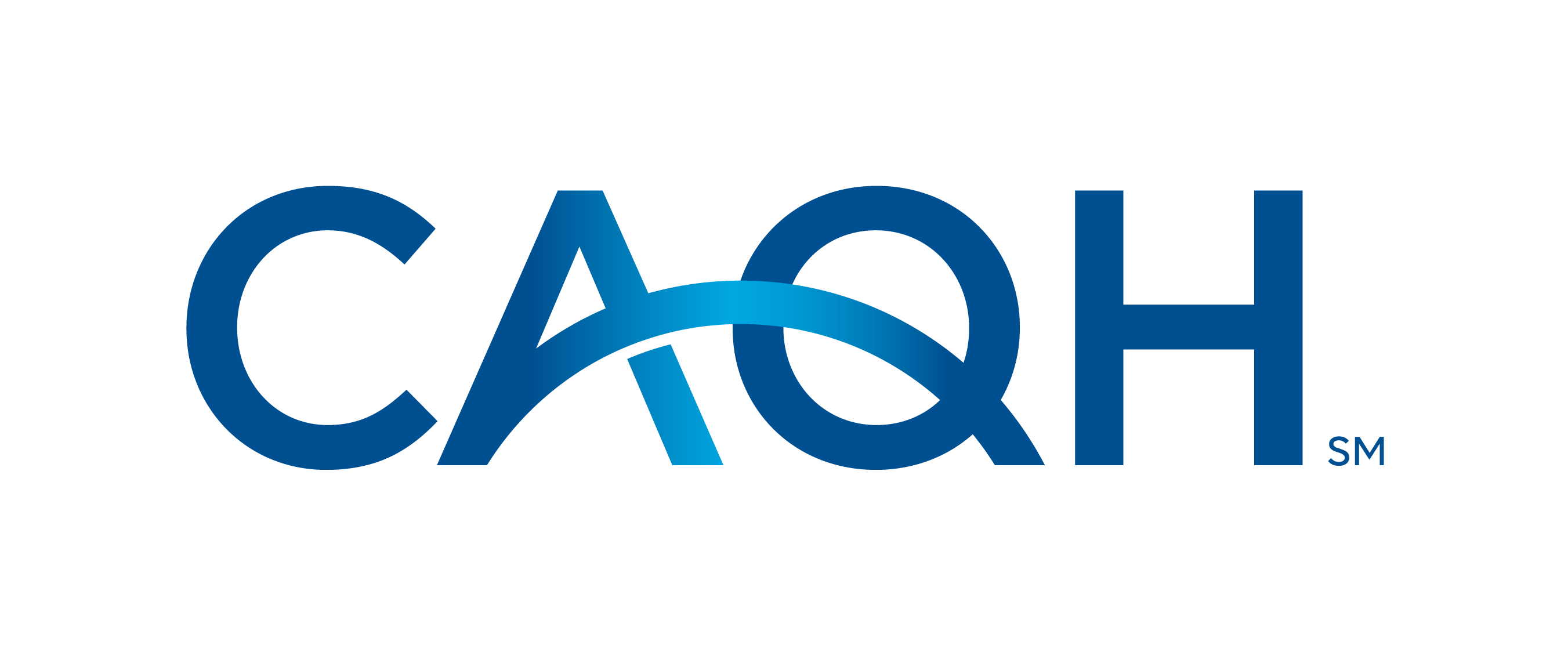
The Cost of Ignoring Women’s Health Extends Beyond Finances: Sarah Ahmad

Sarah Ahmad, MBA, CEO of the Coalition for Affordable Quality Healthcare (CAQH), dives into the financial, physical, and emotional toll of neglecting women's health in an interview.
Sarah Ahmad, MBA, CEO of the
The Dual Costs of Neglect
Ahmad draws attention to the "two sides of the health care coin"—financial and personal. On the financial front, untreated perimenopause and menopause can lead to excessive or unnecessary tests, as well as increased risks of comorbidities such as cardiovascular disease. These costs mirror those of untreated chronic conditions like diabetes, highlighting the importance of proactive care.
However, the personal toll of neglecting menopause symptoms is even more profound. "The cost of doing nothing is not just financial; it's about the impact on a woman's quality of life,” she explained. “That cost, to me, is more important than the financial cost. The cost of a woman going through this and not getting the help she needs, and the cost to your overall quality of life, to me, is most important.”
Leveraging Preventative Care
Preventative care, including screenings like mammograms and colonoscopies, is a cornerstone of health care. Ahmad stressed that menopause can serve as an entry point for broader preventative discussions. "A woman might come in for night sweats, but that’s an opportunity to talk about other screenings she might need," she noted.
Health literacy, however, remains a barrier. Many patients, particularly those from underserved communities, lack the knowledge to navigate their health care needs. Ahmad highlighted the critical role of clinicians in bridging this gap.
“Not everybody is at the same level of health education and health awareness,” she said. “And we have to look toward the clinicians to help in these moments, to talk about the other aspects of preventative care and care that someone might not know about and to use that as an educational moment.”
Social Determinants of Health
Social determinants of health (SDOH) such as education and socioeconomic status significantly influence women’s health outcomes. Ahmad reflected on her own misconceptions about hormone therapy, shaped by outdated studies and limited discussion. She advocated for early and comprehensive education, starting in schools, to normalize conversations about menopause and women's health. "We should educate girls about their entire health journey, from menstruation to menopause," she stated.
Rethinking Incentives in Women’s Health
Ahmad proposed value-based care models to make women's health a priority. Drawing parallels to bundled payments for maternity care, she envisions a system that supports women throughout their lives.
"Imagine a care model where a provider is incentivized to follow a woman’s health journey from her first gynecological visit through menopause," Ahmad said.
She also addressed the potential of nurse practitioners and other clinicians to deliver holistic care. Ahmad shared a personal experience of a comprehensive visit that addressed her physical and mental health needs in one session. Expanding such models could improve access and outcomes for more women.
To achieve this comprehensive care approach, Ahmad called for systemic changes in health care policy and delivery. From enhancing health literacy to restructuring payment models, she emphasized that women's health is not a one-time event but a lifelong journey. By addressing these gaps, health care systems can not only reduce costs but also ensure that every woman feels whole and supported.
Newsletter
Stay ahead of policy, cost, and value—subscribe to AJMC for expert insights at the intersection of clinical care and health economics.









